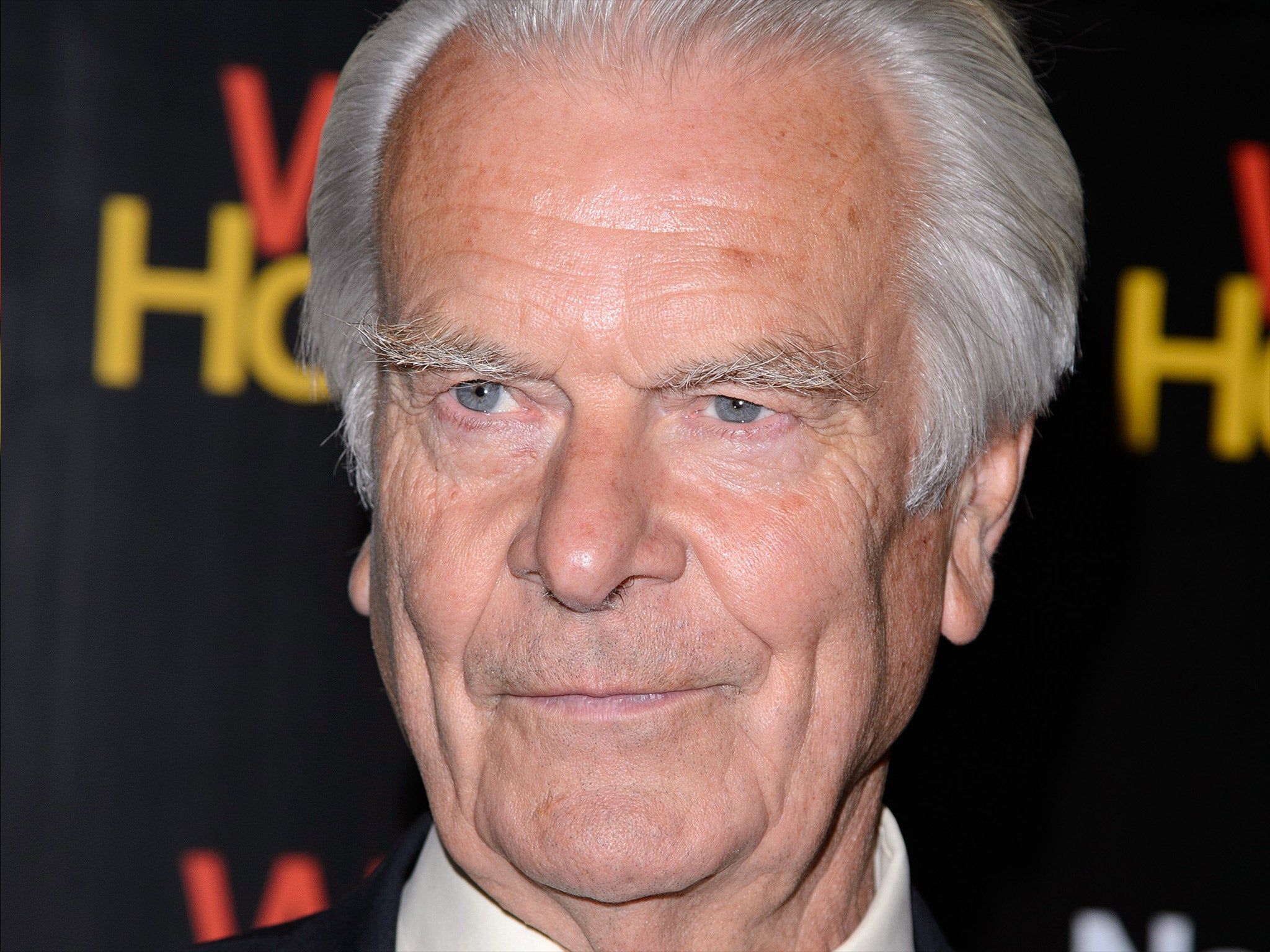Boris Johnson is the true heir of the spirit of David Owen, the centrist Eurosceptic
Is the prime minister a Blairite, asks John Rentoul, or do his ideological roots reach further back?


Towards the end of his speech to the online Conservative Party conference, Boris Johnson invited his remote audience to “raise your eyes” and “imagine that you are arriving in Britain in 2030”. Rather modestly, I thought, he said, “...when I hope that much of the programme I have outlined will be delivered”.
What was fascinating, though, was not that his imaginary visitor would be arriving in a “zero carbon jet” – a part of his programme that definitely won’t be delivered by then – but that you would “flash your Brexit blue passport or your digital ID” before getting into an electric taxi to travel around a country that has been transformed for the better.
Your digital what? I could hardly believe my ears. Here was a prime minister, a leader of a party that had opposed Tony Blair’s plan for ID cards, performing a 180-degree U-turn in broad daylight in one of his most important speeches setting the direction of his government for the next year.
It was interesting, though, that Johnson hustled it through in the middle of a sentence, behind a blue passport, the great symbol of Vote Leave identity. How long ago the civil libertarian alliance of David Davis and Shami Chakrabarti seems now. Brexit trumps civil liberties, it would seem.
As a columnist, Johnson was against New Labour and everything it stood for – except the Iraq war, but Iain Duncan Smith as Tory leader was keener on military action than Blair ever was. As a politician, though, Johnson is New Labour through and through. His pitch for the 2019 election was “schools and hospitals first” – more spending on public services, including the police, which gave him a bit of credibility as “tough on crime”.
Hence his victory lap around Sedgefield, Blair’s old seat in County Durham, on the day after the election. On everything other than Brexit, Johnson is a centrist. Even his response to coronavirus seems to split the difference between Conservative libertarians and Labour lockdowners.
Which makes me think that maybe the best analogy for Johnson’s politics is not Blairism but an earlier form of centrism. As a student, when he campaigned for the presidency of the Oxford Union he ran first as a Conservative and lost, but for his second, successful attempt in 1986 he presented himself as a Social Democrat. He was never actually a member of the SDP, but he campaigned and won as a centrist.
In fact, if there is any modern politician to whom Johnson can be compared it is David Owen, leader of the SDP at the time of Johnson’s student election victory. Owen had been foreign secretary in James Callaghan’s Labour government, and was one of the Gang of Four who founded the SDP in 1981, breaking with Labour on the issues of Europe, nuclear disarmament and trade union power.
Owen became leader of the SDP after it failed to achieve liftoff in the 1983 general election. Then, when the party failed to break through again in 1987, he refused to join the merger with the Liberals that produced the Liberal Democrats, staying on as leader of the “continuing” SDP. It had few followers – one of them was Daniel Finkelstein, the Times columnist, who became his adviser and who, when the rump SDP was wound up two years later, joined the Conservatives.
Owen himself dropped out of party politics, but sits as an “independent social democrat” in the House of Lords. By the time Blair came along, with New Labour seen by many as standing for all the policies that prompted the formation of the SDP in the first place, Owen had already moved on. He refused to endorse Blair because he was opposed to Britain adopting the euro. Despite support for EU membership being one of the founding principles of the SDP, he became increasingly Eurosceptic and by the time of the 2016 referendum advocated voting to leave.
There, then, is Johnson’s model: centrist, Eurosceptic and a bit ideologically inconsistent. I don’t know what Lord Owen thinks of ID cards, but 33 years after first running for election under Owen’s colours, Boris Johnson finally embodies the Owenite spirit in government.




Join our commenting forum
Join thought-provoking conversations, follow other Independent readers and see their replies
0Comments